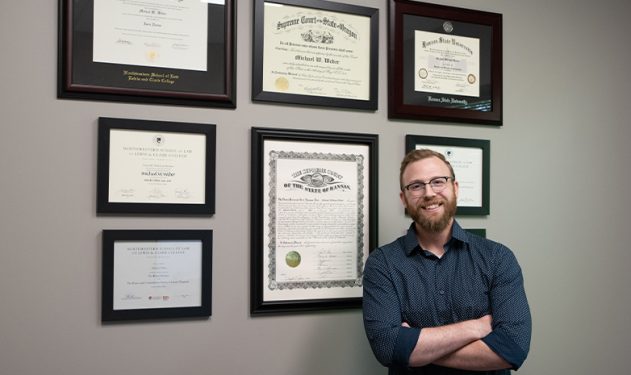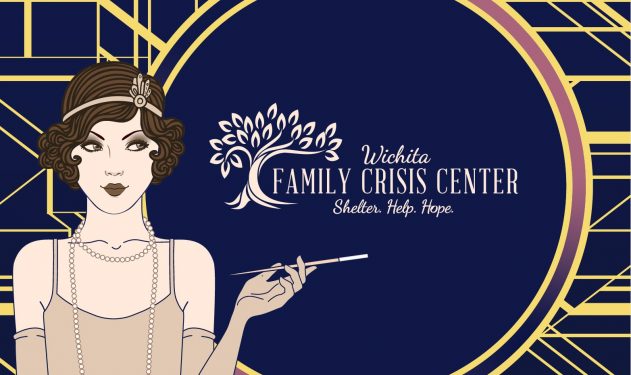While experience in a specific vocation is paramount to knowledge and sets the foundation of the opinions your expert will be offering, one must not lose sight that experience alone is not always the best teacher. Remember, physicians spent hundreds of years curing people of many illnesses by bloodletting. They had a lot of skill and experience in making the cut in the vein very precisely, reliably measuring the amount of blood drawn out, and stopping it when they felt enough had been lett to “get the poison out.” Unfortunately, they had the wrong theory and they killed people but, they did it with a lot of experience and training! So, what is the point?
From first grade to college, we are taught with books. They teach us right from wrong and how things are to be done. When we grew older, we went to work. At work, there were more books rules, assembly manuals, operators manuals, employee manuals. Again our knowledge and behavior was guided by books. The same is true with operating a vehicle (Kansas Drivers Handbook), operating a crane (Link-Belt Crane Operators Manual) fixing a bone fracture (Campbell’s Operative Orthopedic) the list goes on and on.
The point is that we all have long understood that books teach us how to do things the right way that is, if a group of experts in a field wrote about it then the writing should be a good source of how things should be done. This is true in every civil case. With the battle of the experts, a jury wants to hear how the opinion of an expert is supported. If there is a published guideline, a training manual, a textbook or anything that is recognized by a profession as reliable, authoritative or a recognized good source of information that supports an expert’s opinion, you need to present it to the jury. It is very simple to do. In Kansas, you just need to have your expert qualify it and have it admitted into evidence for the jury to see. This eliminates the aura that the expert is a “hired gun” and is just pulling things out of thin air.








